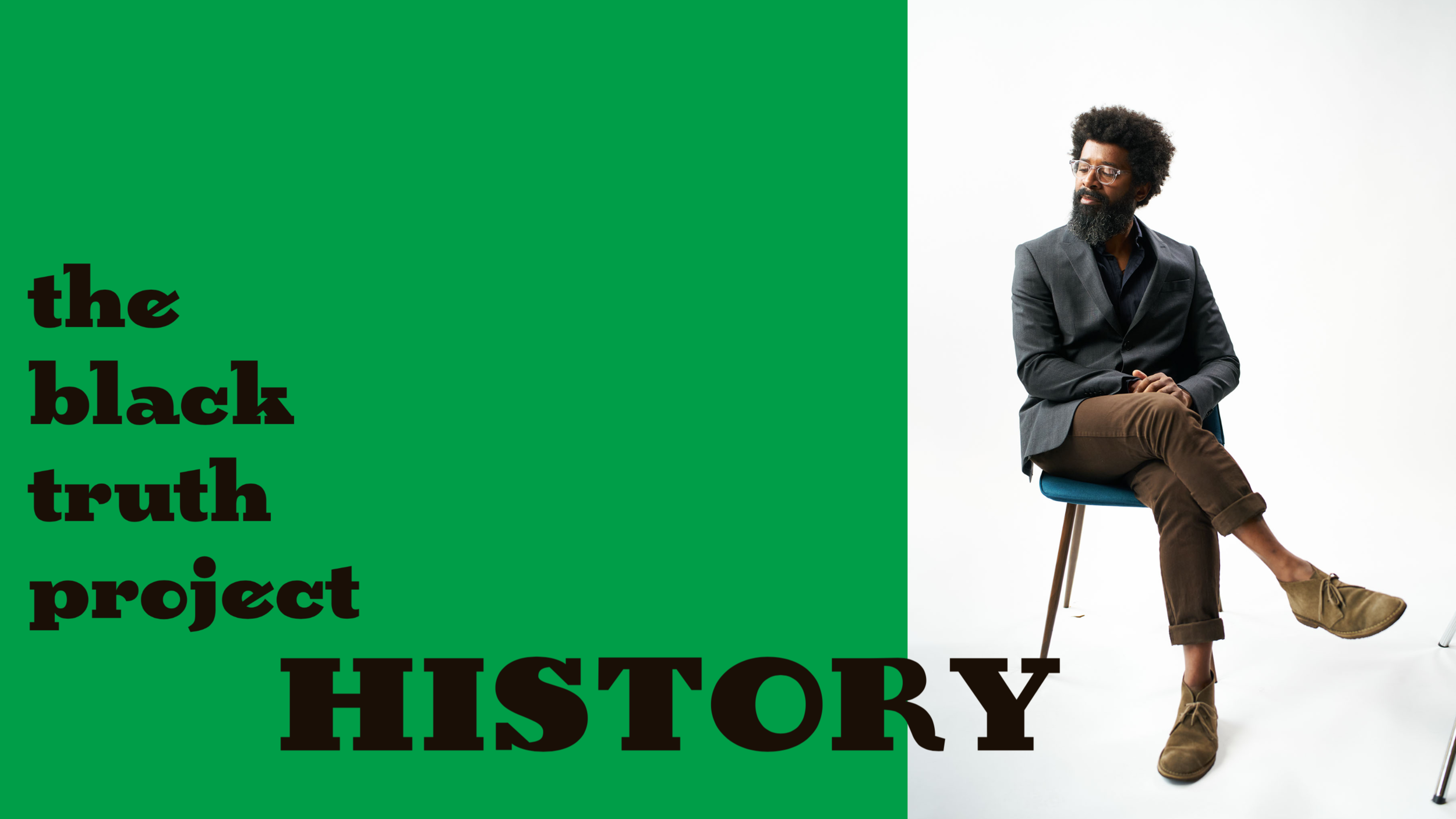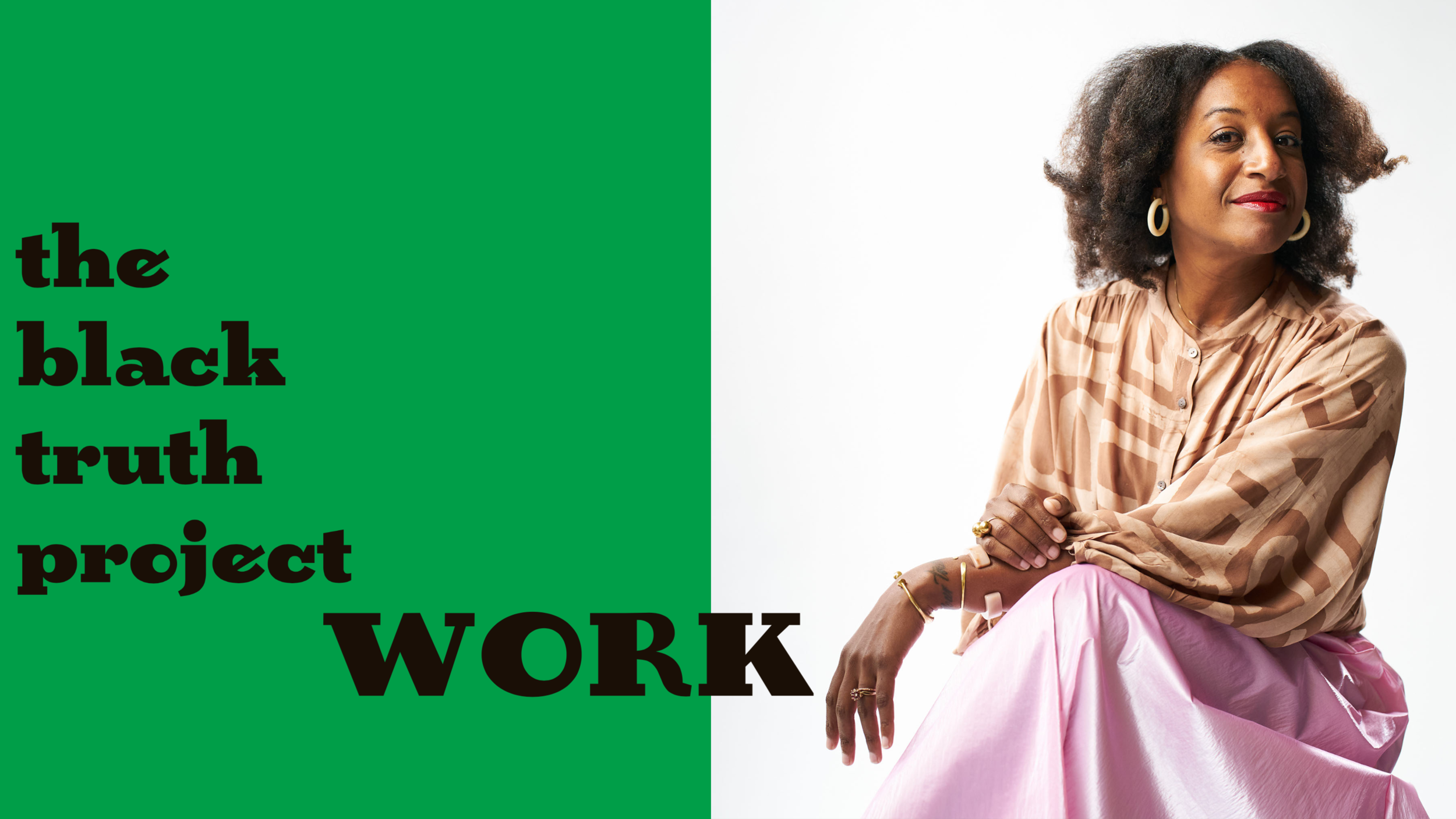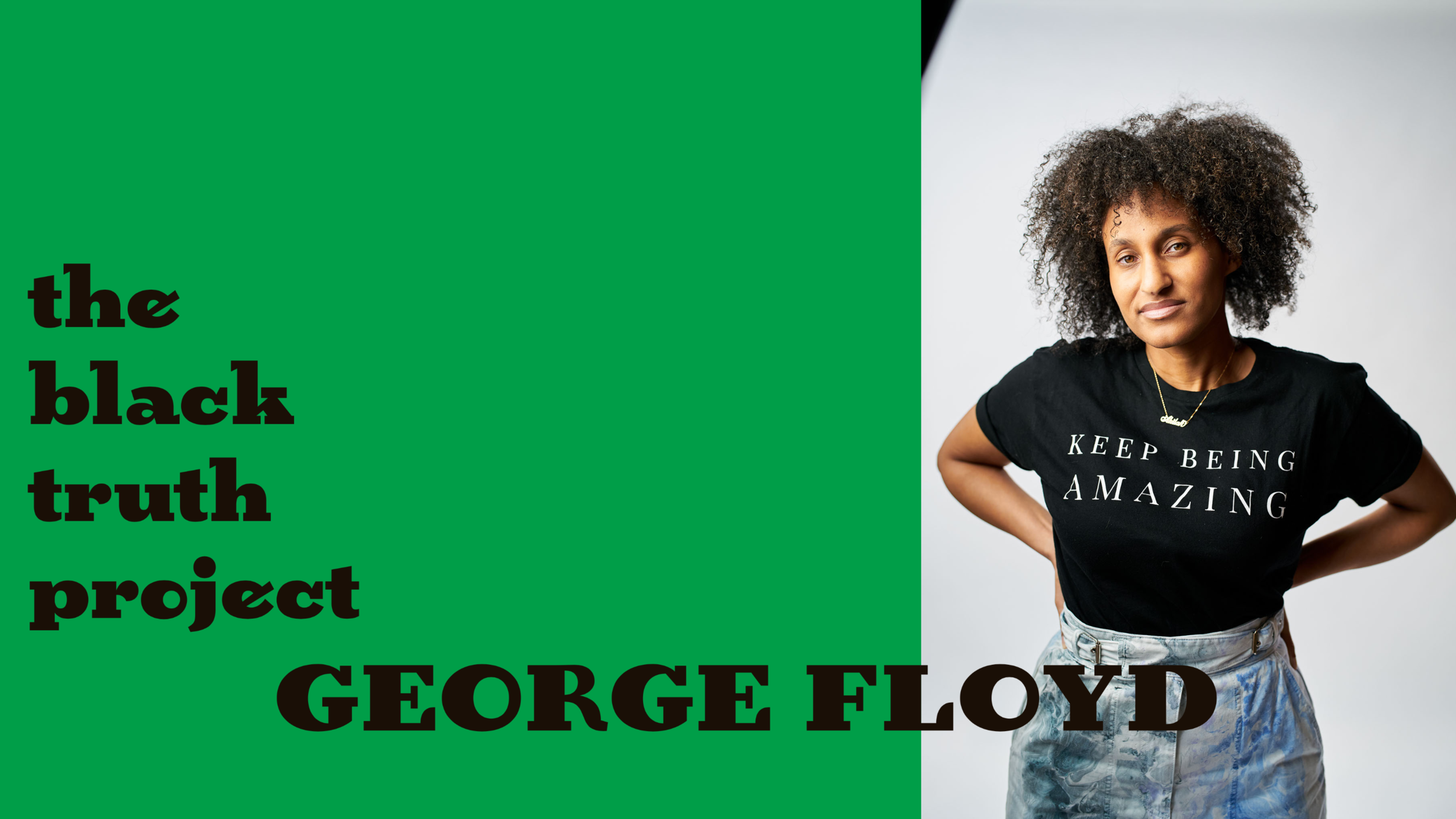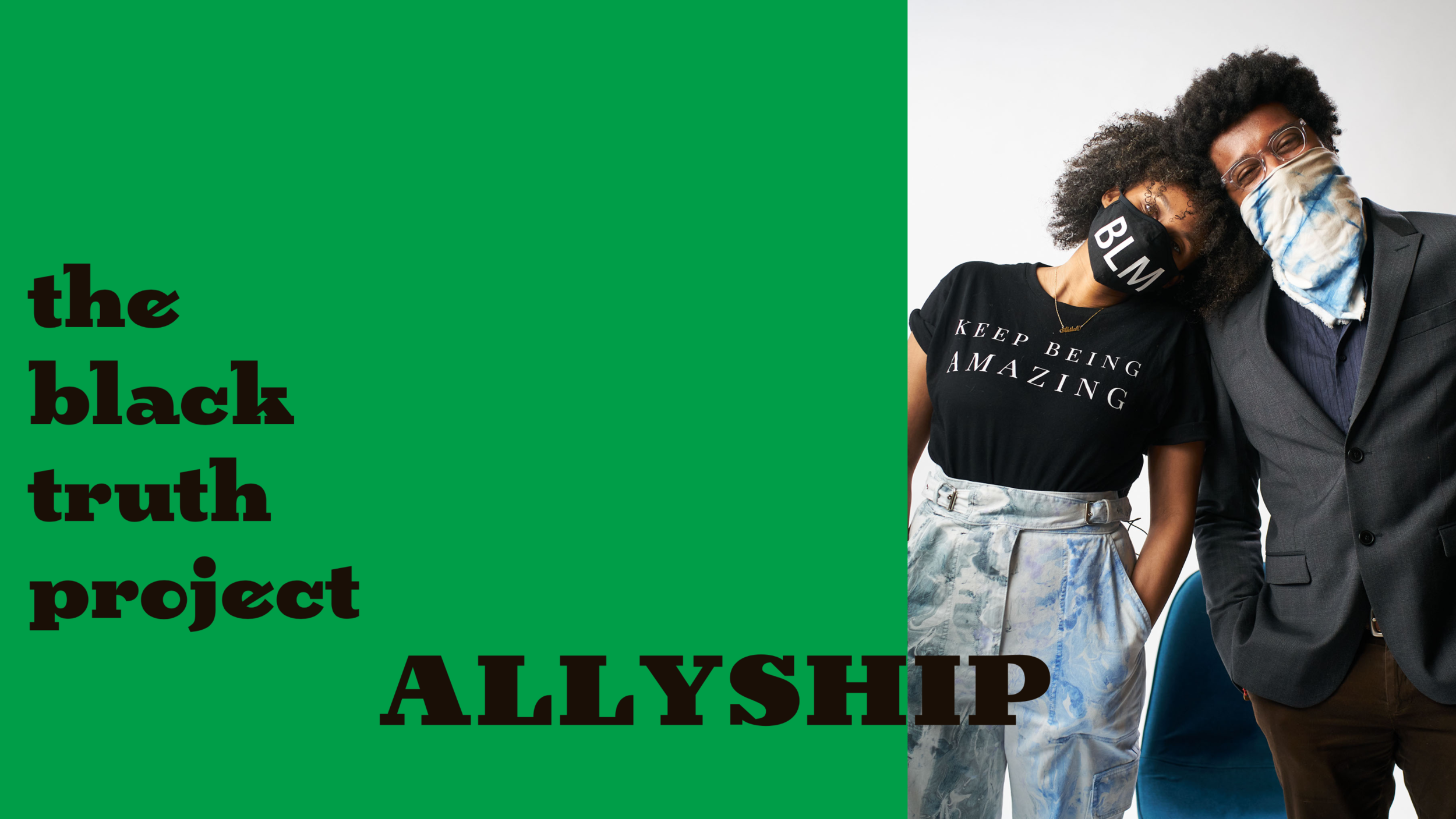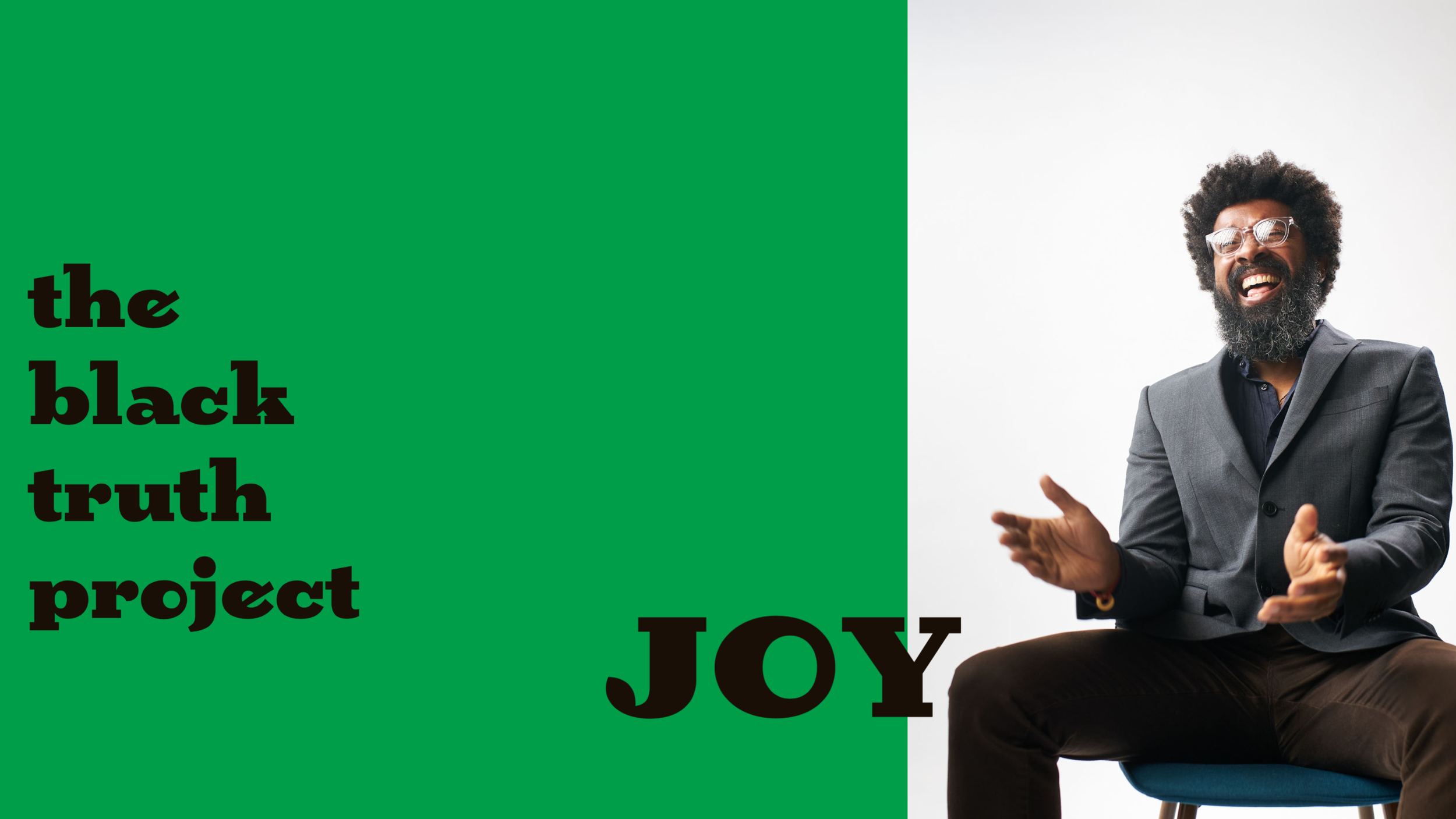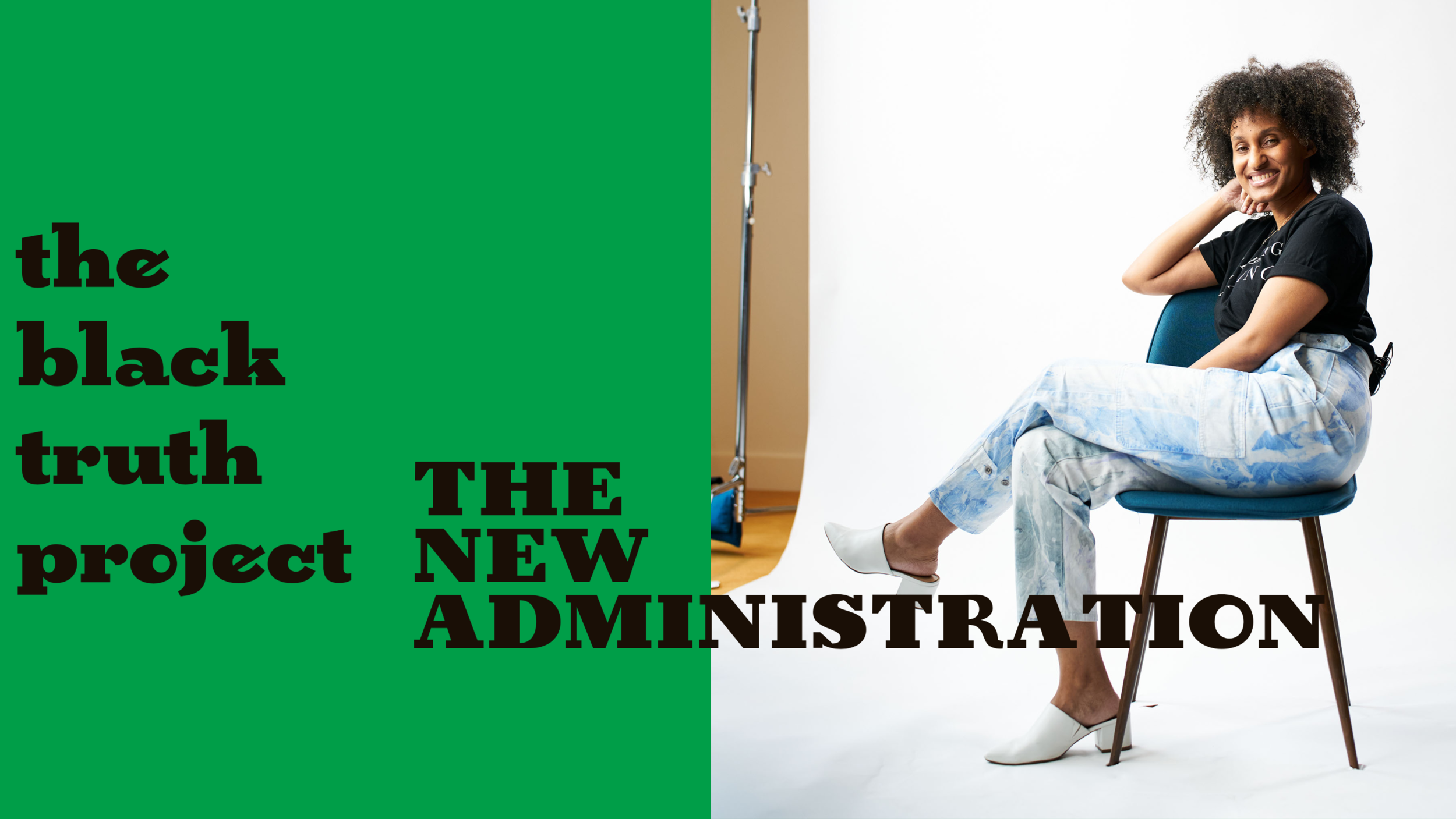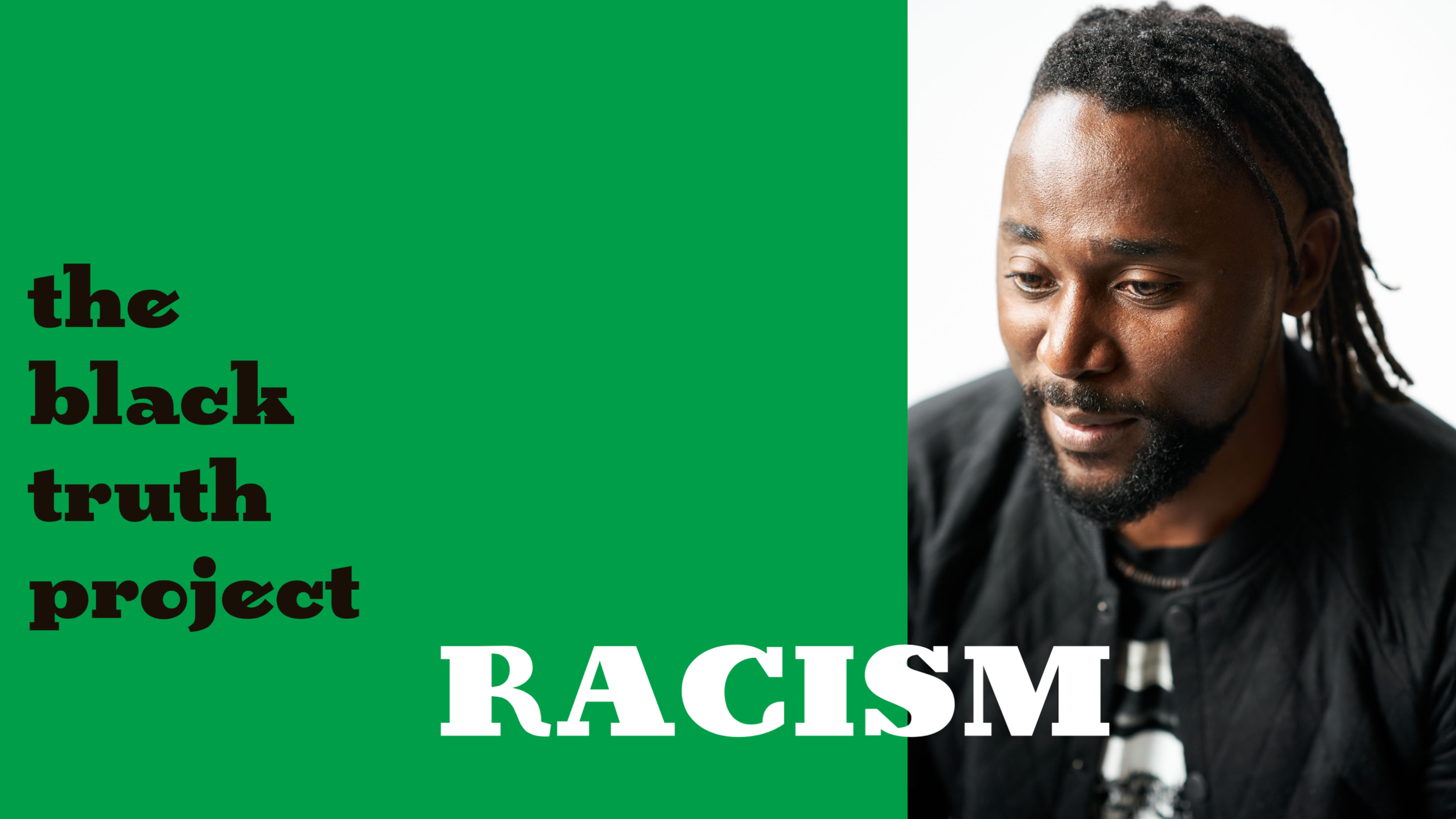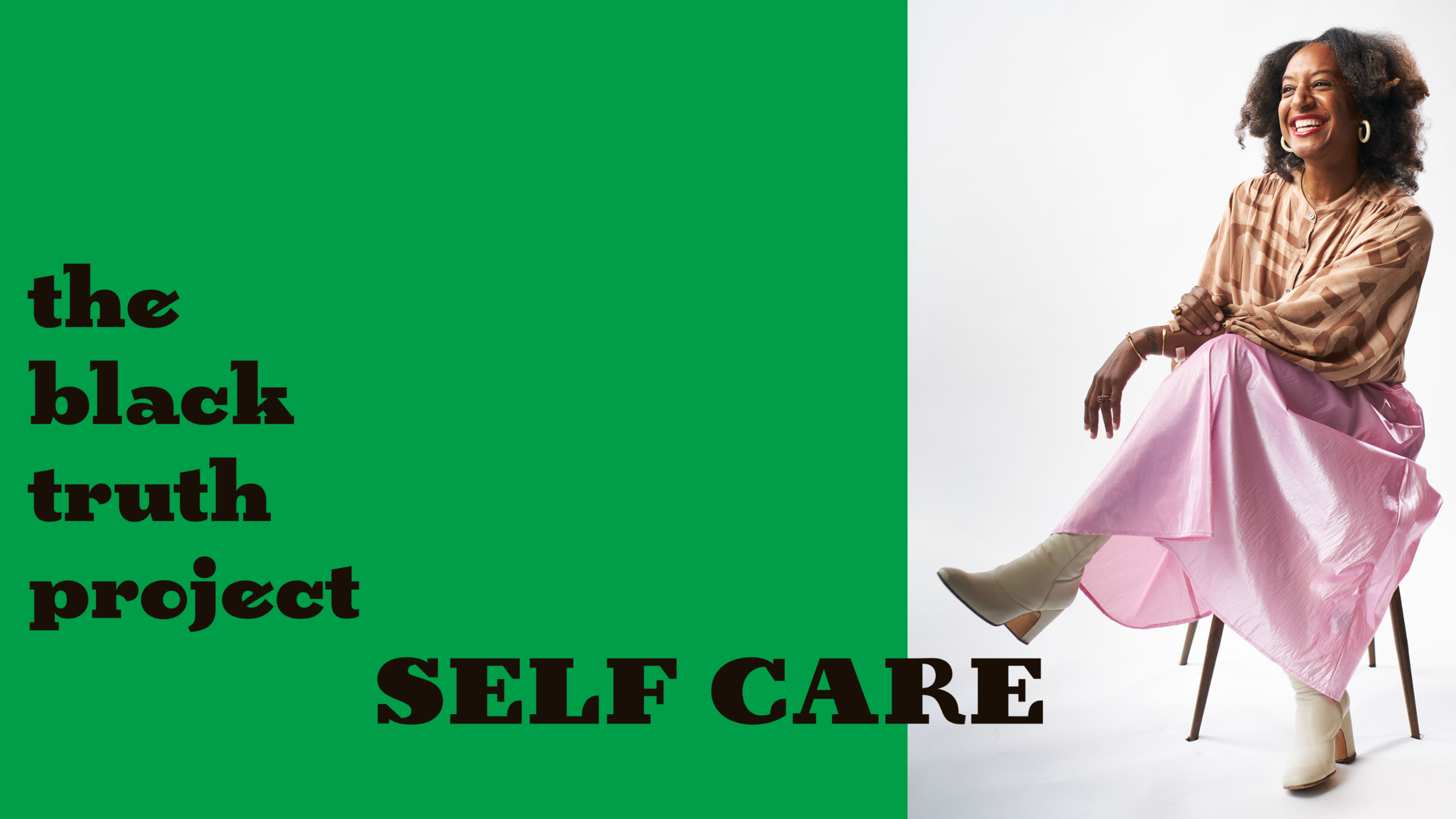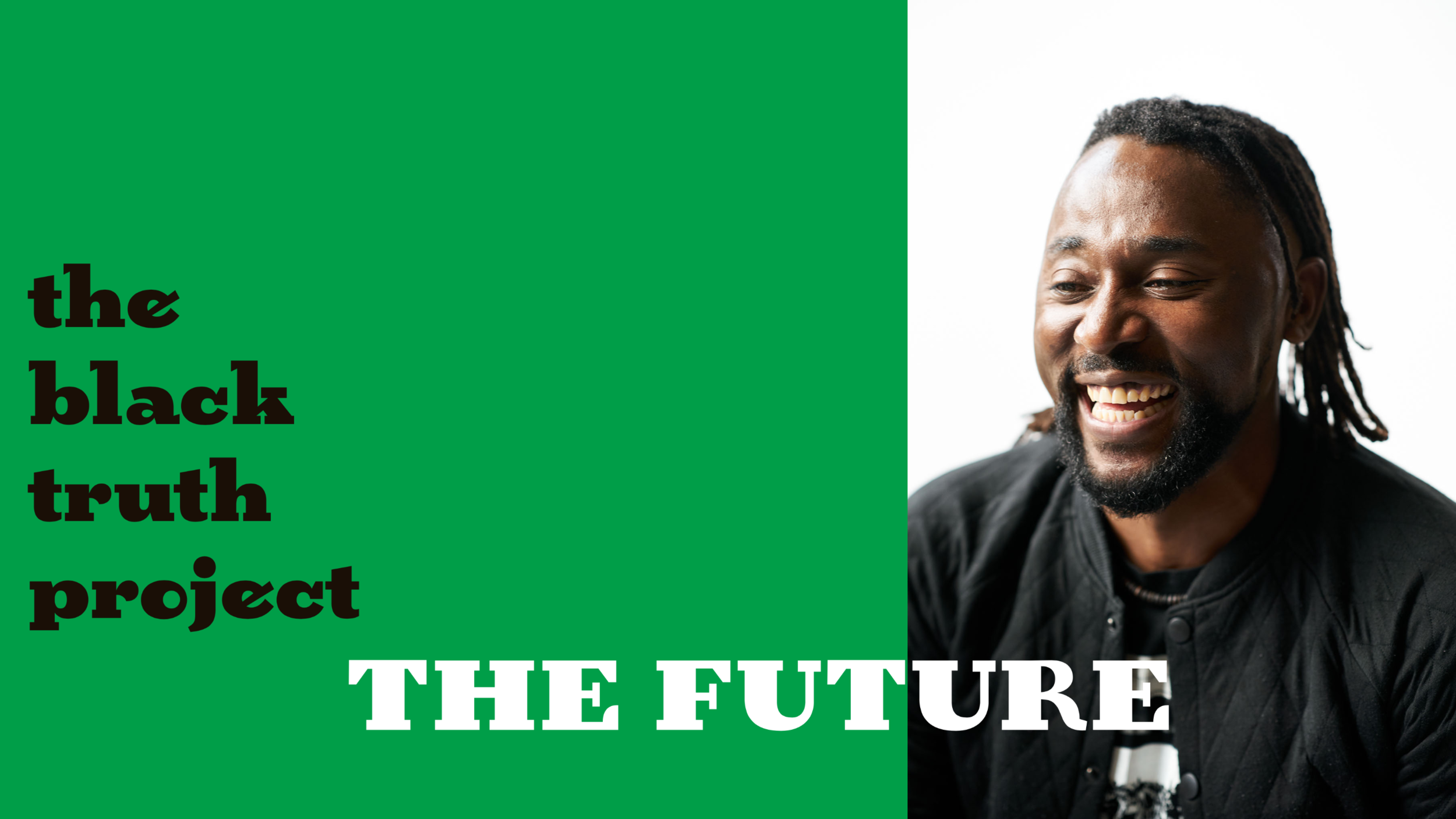
Discovering and following our passions, honing our skills, and scrambling to climb the ladder of success are just a few of the challenges every professional deals with throughout their career. But for Black people in America, each of those elements is often overlaid with the additional challenge of doing so within a framework built and run by white people. From microaggressions to blatant acts of outright racism, each of our subjects has come up against the reality of trying to succeed within a white supremecist system, and, for better or worse, that has professionally shaped who and where they are today.
“This may be a shocker, but the catalyst of why I got into this work [diversity and inclusion] is that I was discriminated against in the workplace,” explains Dr. Akilah Cadet, who realized over time that all of the qualities that made her unique were also the things that would eventually be used against her in a system built by and for white men. “All the things—I was too smart, I was too Black, I wasn’t Black enough, I was funny, I was likable, I was pretty…. So, all of these things were barriers into how I could shine in a workplace.”
She was working in public health, but ironically, it was having adverse effects on her own well-being. “I was doing all that I could to fit into the box. I was diagnosed with major depressive disorder as a result of a very toxic, bullying, discriminatory workplace. I was like, ’Fuck that shit. I’m not going to have that be a part of my identity.’”
“I was too smart, I was too Black, I wasn’t Black enough, I was funny, I was likable, I was pretty…. So, all of these things were barriers into how I could shine in a workplace.”
-Dr. Akilah Cadet
This led to a career shift—she leveraged her doctorate and personal experience with discrimination in the workplace to land an executive role at a large corporation, heading up their culture change programs. “I was feeling like the Olivia Pope of diversity…top-floor views of the Bay, a whole bunch of money.” But once again, despite her experience, education, and expertise, she would run into the same barriers.
“In a one-on-one meeting, my white male boss looked at me and said, ’I didn’t think you were that smart when I interviewed you, but you are smart.’… It was in that moment when I realized that no matter what I did in that nine-to-five space, I could not be me…. Here I am trying to make sure I’m being seen by people who don’t want me there.
“So BOOM, I started Change Cadet. Now I do all that I can to make sure Black women feel safe in the workplace. That all Black, Indigenous, People of Color feel safe in their workspaces. Marginalized communities, people with disabilities, the LGBTQ+ community—people should not feel othered in a space where they spend most of their time.”
WATCH Dr. Akilah Cadet’S FULL BLACK TRUTH VIDEO HERE.
George McCalman’s journey from corporate America to ultimate independence has countless similarities with Dr. Cadet’s. And today he is crystal clear about why he has found the greatest amount of success working independently. “Being Black and being gay are the reasons that I work for myself, pretty much.”
“I spent a lot of years in the corporate world and I took a lot of notes. I saw what being Black meant, what it meant to me and what it meant to the people that I worked with, and how much we had to become someone else to function and to be successful.”
“Being Black and being gay are the reasons that I work for myself, pretty much.”
-George McCalman
His experience was echoed by his upbringing. He says his family had long emphasized that trying to work within the existing system would always present unbreachable barriers. “That was a message that had been kind of drilled into me—that whatever it is that we were going to do within the corporate structure, it would only ever take us so far, and we would always hit a wall. And it was a wall that was not of our making or of our doing, but we still had agency to rebel against it, that we didn’t have to get caught in that dance, that we had a way of stepping aside from it.”
For McCalman, stepping aside meant starting his own creative agency, McCalman Co, 10 years ago. “I had to make a conscious decision—I could work with companies, but I couldn’t work for companies.”
“One of the joys of my last year was saying no to the company that was looking for a creative director to redo Aunt Jemima. And they were scrambling to try and find Black people because it didn’t occur to them to have Black people until June.” He recalls being contacted by a friend—another Black man the company had hired to do the work of recruiting a Black designer. McCalman was frank with his friend. “I said, ’That they’re asking you to contact me is part of what is fucked up about this.’ And he said, ’Yeah, it is. And what’s your answer?’ And I said, ’I want you to take this back to them: That I said ’Fuck you.’”
Watch GEORGE MCCALMAN’s full Black Truth Video here.
For Peter Limata, taking on the challenges of being Black and male within a profession that is predominantly white and female is part of what makes his work so meaningful. He’s a second-grade teacher at a public school in Oakland, and hosts a daily Facebook Live show called Storytime With Mr. Limata, in which he reads books to children all over the world. “Representation matters to me, and in extension I think about it for the students as well. Because seeing who you are or the possibility of what you can become, I think is super important. Also, just for kids to understand that it is cool to be other things, other than play basketball, other than make music. You can be somebody else in the community and it’s still very okay.”
“Representation matters…for kids to understand that it is cool to be other things, other than play basketball, other than make music. You can be somebody else in the community and it’s still very okay.”
-Peter Limata
But at one point he was so focused on providing that representation to his students, he didn’t realize how much he was missing it himself. Connecting with his own Black male education mentor impacted him tremendously. “I realized in that moment that I had talked about representation mattering and had not realized how much I was missing it myself. Then it was like, ’Oh, yeah. So this is what it means for the kids.’”
Watch PETER LIMATA’s full Black Truth Video HERE.
Dr. Aisha Mays grew up knowing she wanted to be a doctor. And while she excelled in medical school, she also understood that the textbooks and lectures often overlooked and ignored the harmful racist history of Western medicine. So when she became a medical professor herself, she vowed to do things differently.
“Medicine is not immune from racist history. Many new medical interventions were made on the backs of the dehumanization of Black people, the dehumanization of people of color, the dehumanization of people with disabilities,” says Dr. Mays.
“So, during my third year teaching medical students, I decided to do something different. I decided to really illuminate that piece of history so that they could have the tools to actually dismantle the racist frameworks that we learned in medicine and create something new. Dismantling it doesn’t mean erasing it. It doesn’t mean not talking about it. It really is about illuminating it and talking about it so that we can consciously make the choice that we are going to do something different.”
“Medicine is not immune from racist history. Many new medical interventions were made on the backs of the dehumanization of Black people, the dehumanization of people of color, the dehumanization of people with disabilities.”
-Dr. Aisha Mays
But challenging the way things had been done for years wasn’t a decision she came to lightly. “I was really afraid of doing that, because I’m also questioning this canonized system of Western medicine that I learned from.”
Her fears were eventually put to rest, mostly due to the conversations she was now having in the classroom. “It was such a beautiful experience to go through with my medical students, for us to learn together. They can understand where some of these innovations came from and honor individuals who were exploited along the way, and choose as the next generation of healers to do things differently.”
WATCH Dr. Aisha MayS’ FULL BLACK TRUTH VIDEO HERE.
Paving the way for a new generation is something Justin Gatlin strives to do, as well. As a five-time Olympic medalist and a 12-time World Championship medalist, he knows there are plenty of eyes on him at all times. “I think it’s my duty. It’s my duty as a young Black athlete in America to show the next generation how not just to be an athlete, but how to be a businessman, how to be, how to carry yourself professionally, how to, to be the next star—not only just for your hood or your community or your city—but for a nation.
“Because, you know, I watched people who are older than me when they were young, Black, talented athletes,” says Gatlin. “I watched them have success, and I watched them fail as well. And I watched how…the environment…how they, how they took it or how they let it punish them. So those stepping stones that were put in front of me, even though they weren’t deliberately put there for me, it gave me a little path to where I needed to go. And I will give the same thing for the people behind me, you know, who are coming up.”
WATCH Justin Gatlin’s FULL BLACK TRUTH VIDEO HERE, COMING February 28.
KEEP READING.
After the past four years of in-your-face hate and blatant incompetence, it can be easy for those who don’t have battle of discrimination and white supremecy on a daily baisis to feel like the war has been won. But for many, it’s just another opportunity for injustices to go into hiding, and for allies to take their foot off the gas.





